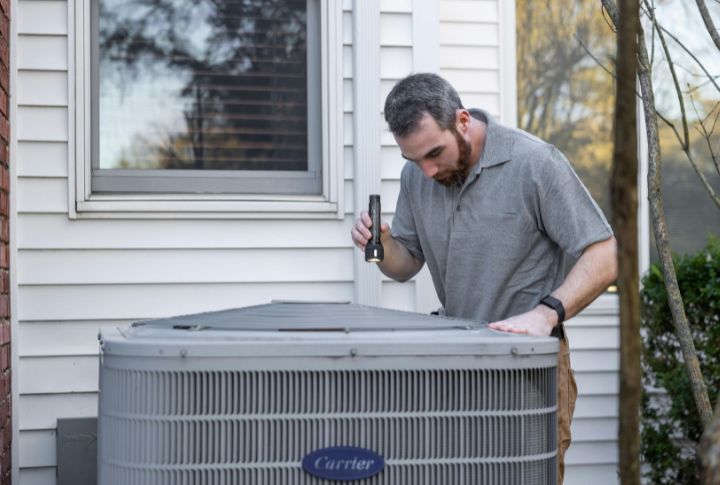
You know, a spark of confidence hits when something breaks at home and you think, “I’ve got this”? We have all been there. But some repairs come with rules most people don’t realize exist. A few are actually off-limits to do yourself—so continue reading to find out which ones.
Gas Line Repairs
The trouble with gas is how silently danger spreads. A small, hidden leak can spread through a home before anyone notices. Strict regulations require every line to be tested, inspected, and approved under official supervision to stop disasters from ever making headlines.
Electrical Wiring
Everyone thinks they can handle wiring until the sparks prove otherwise. One wrong twist can start a fire faster than you can flip a switch. Licensed electricians prevent those disasters by securing permits and passing inspections to make sure each wire meets code prior to the lights coming on.
Septic System Maintenance
Local health codes classify septic maintenance as controlled waste infrastructure. Any unpermitted repair risks contamination of soil or groundwater and carries severe fines. Certified installers map drain fields, file reports with health departments, follow design standards, and ensure wastewater treatment remains sealed and legally verifiable.
Major Plumbing Work
Behind the walls, water does not follow your house rules; it follows gravity and pressure. This is the reason why unapproved pipe work can backfire, mixing clean and waste water. Cities enforce plumbing permits not for paperwork’s sake, but to keep the whole system safe and drinkable.
HVAC System Repairs

Refrigerants can cause real harm when they are handled the wrong way, so HVAC repairs fall under environmental law. Technicians must earn certification prior to working on this, and each repair is tracked in accordance with EPA rules. It is a regulated process built to maintain air purity and protect overall system safety.
Structural Changes
Structural walls are not just part of the design—they hold up everything above them. Changing that framing without authorization violates building law and can threaten the home’s stability. Before approval, engineers verify the load calculations, and contractors strengthen supports under the watch of city inspectors.
Swimming Pool Installation
A new pool triggers multiple regulatory checks, like zoning, electrical grounding, and fencing. City laws require licensed contractors to submit blueprints and secure safety approvals ahead of excavation. Every drain and barrier also must meet legal spacing rules, which prevent shock hazards and drowning incidents in residential yards.
Asbestos Removal
Asbestos was once the go-to material for insulation and siding—until it proved toxic. Federal law now classifies it as hazardous, and only certified abatement teams can handle it. They seal off the work area and remove all traces aligned with strict supervision to keep the air clear of fibers, which can linger for decades.
Window Installation In Multi-Story Homes
Upper-level windows carry heavier loads and face tougher conditions than ground-floor ones. Even a minor flaw in support or alignment can make the structure unsafe. Building codes require certified installers to reinforce each frame and ensure it passes inspection before the project is approved.
Roof Replacement
A roof can look like just another DIY project, but replacing it without approval breaks building law. Cities require licensed crews for good reason—every angle, nail, and seal protects the home beneath. Those permits are not pointless paperwork; they are what stand between safe shelter and an expensive disaster.

